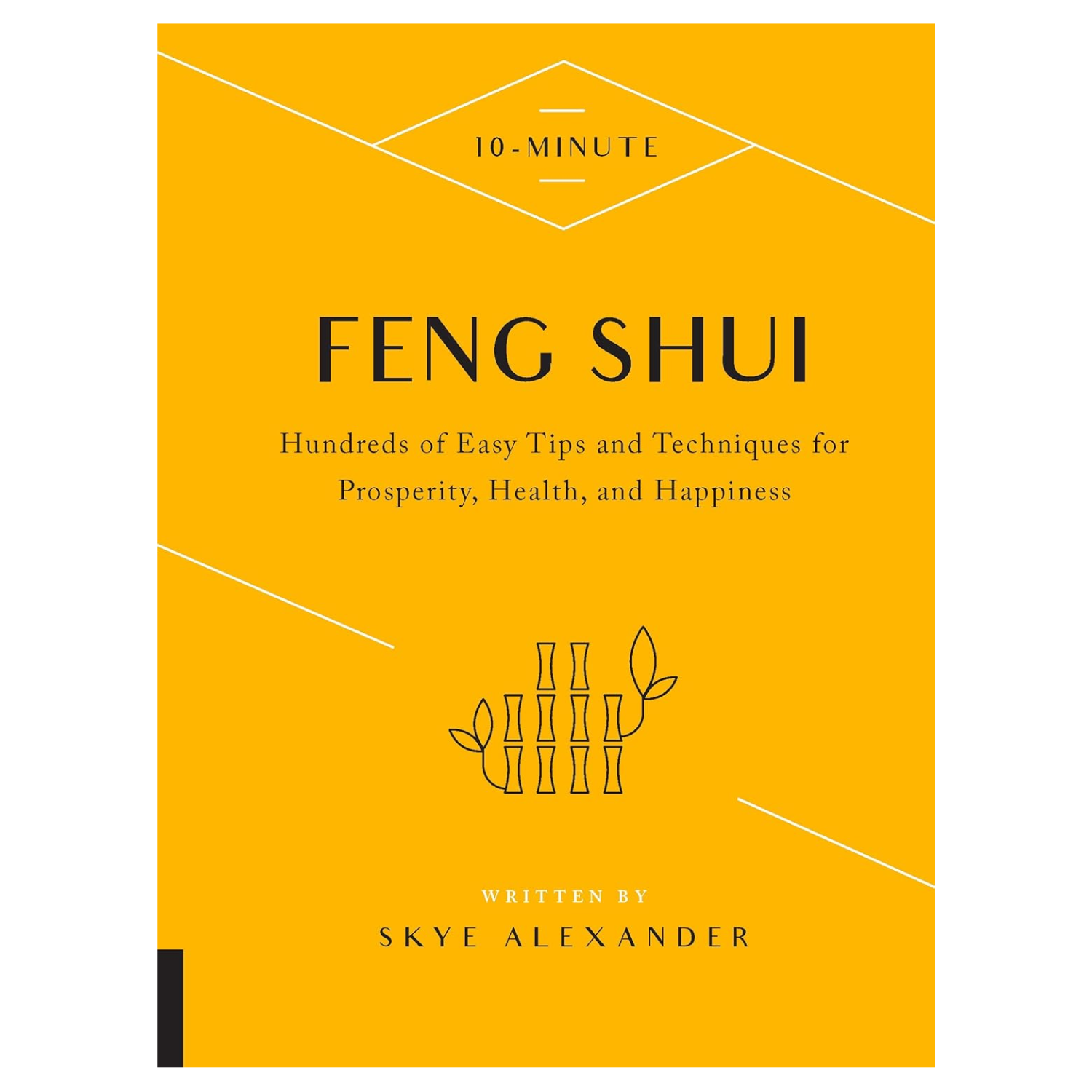What is the Feng Shui Bedroom Death Position — and Why Should I Avoid it?
Experts say your bed layout matters more than you realize and here's why
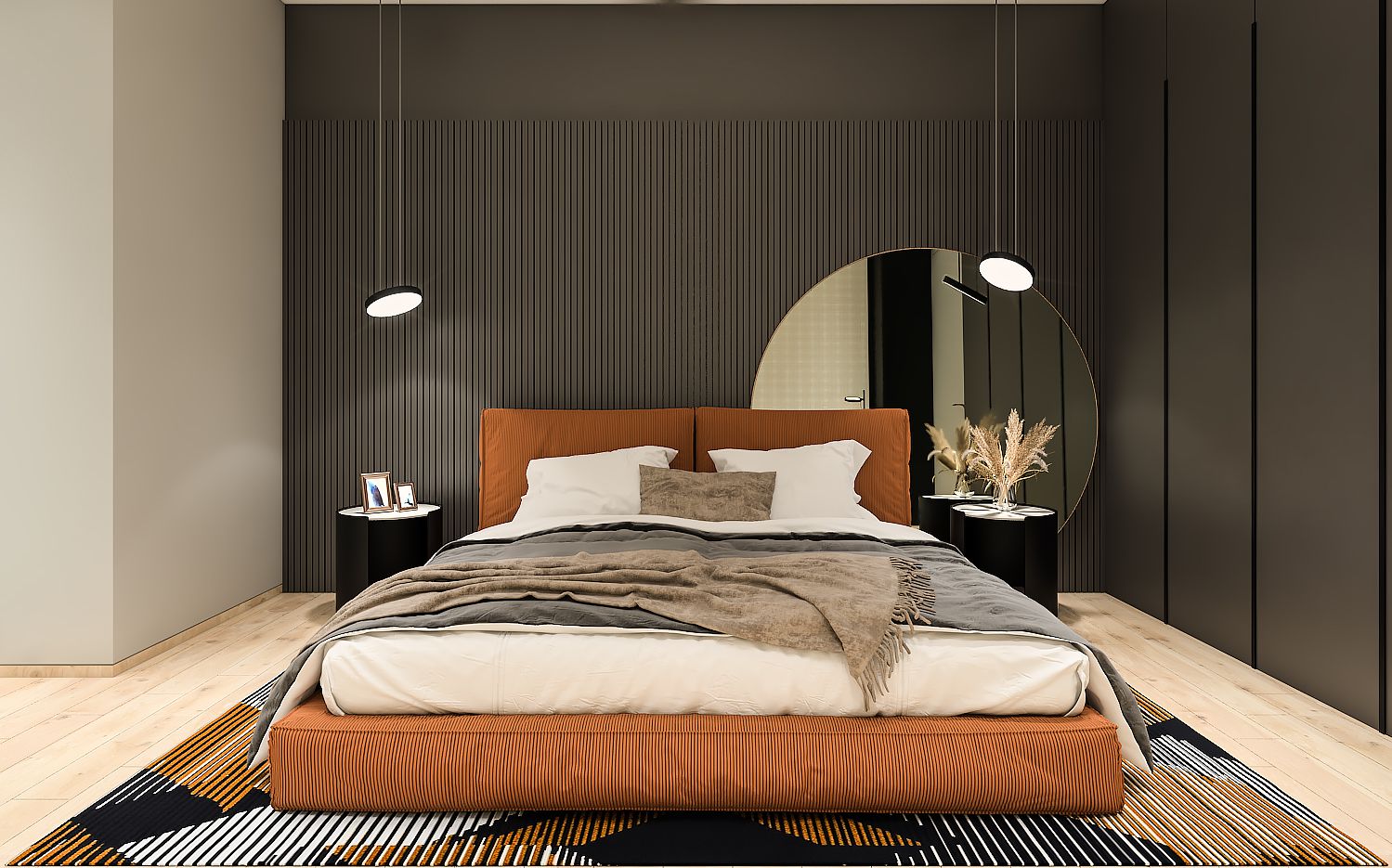

The practice of Feng Shui holds a myriad of knowledge in its history of creating living spaces that are aligned with good energy. With it, there is an abundance of tips revolving around how to design your home.
From bedroom Feng Shui to the philosophy surrounding certain blueprints of furniture arrangement and even recommendations on plants that bring luck. However, there are also some helpful principles on what not to do. The Feng Shui death position is one such concept that is considered a red flag by any and all means. So, we called upon the experts to better understand the bedroom death position and what it signifies.
Now let's find out if your room is mistakenly embodying this Feng Shui 'don't' and how to resolve the positioning for a positive shift in energy.
What is the Feng Shui Death Position?
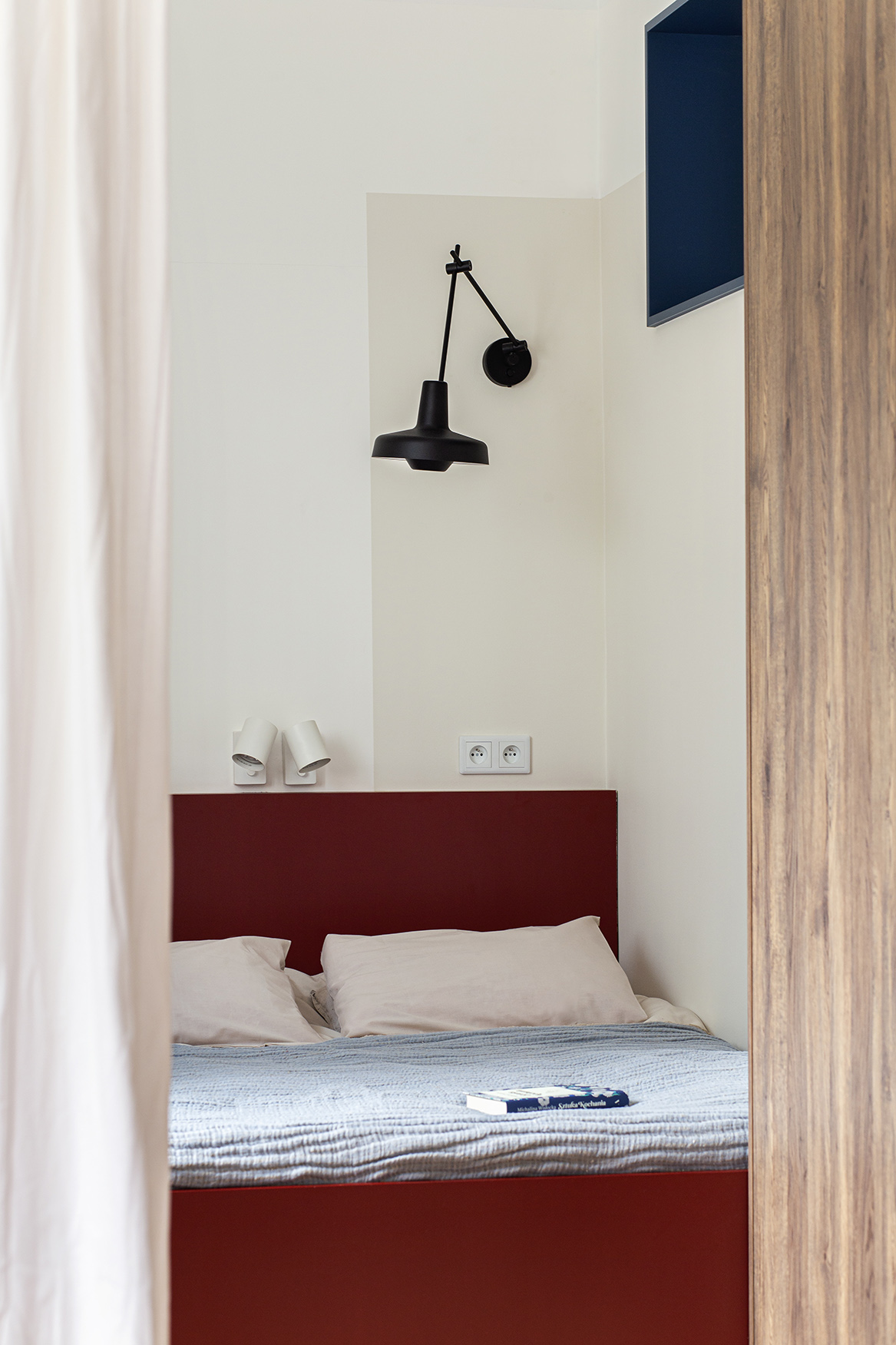
In conversation with Feng Shui master Marie Diamond, she tells us that the Feng Shui death position is a term used to describe the unfavorable placement of a bed where your feet point directly toward the door.
"This position is considered inauspicious because it symbolizes the way bodies are traditionally carried out of rooms, feet first, in some cultures," she notes. "In Feng Shui, this placement is believed to invite negative energy, stagnation, and a lack of vitality."
Anjie Cho, Feng Shui expert and co-founder at the Mindful Living Design School, also finds the death position to be rather inopportune. "Also known as the 'coffin position', it refers to when one has their bed set up so their feet are pointing straight out the bedroom door," she explains.
When it comes to Feng Shui mistakes, the death position is one that most practitioners of this art actively avoid.
How Should Your Bed be Positioned for Good Feng Shui?
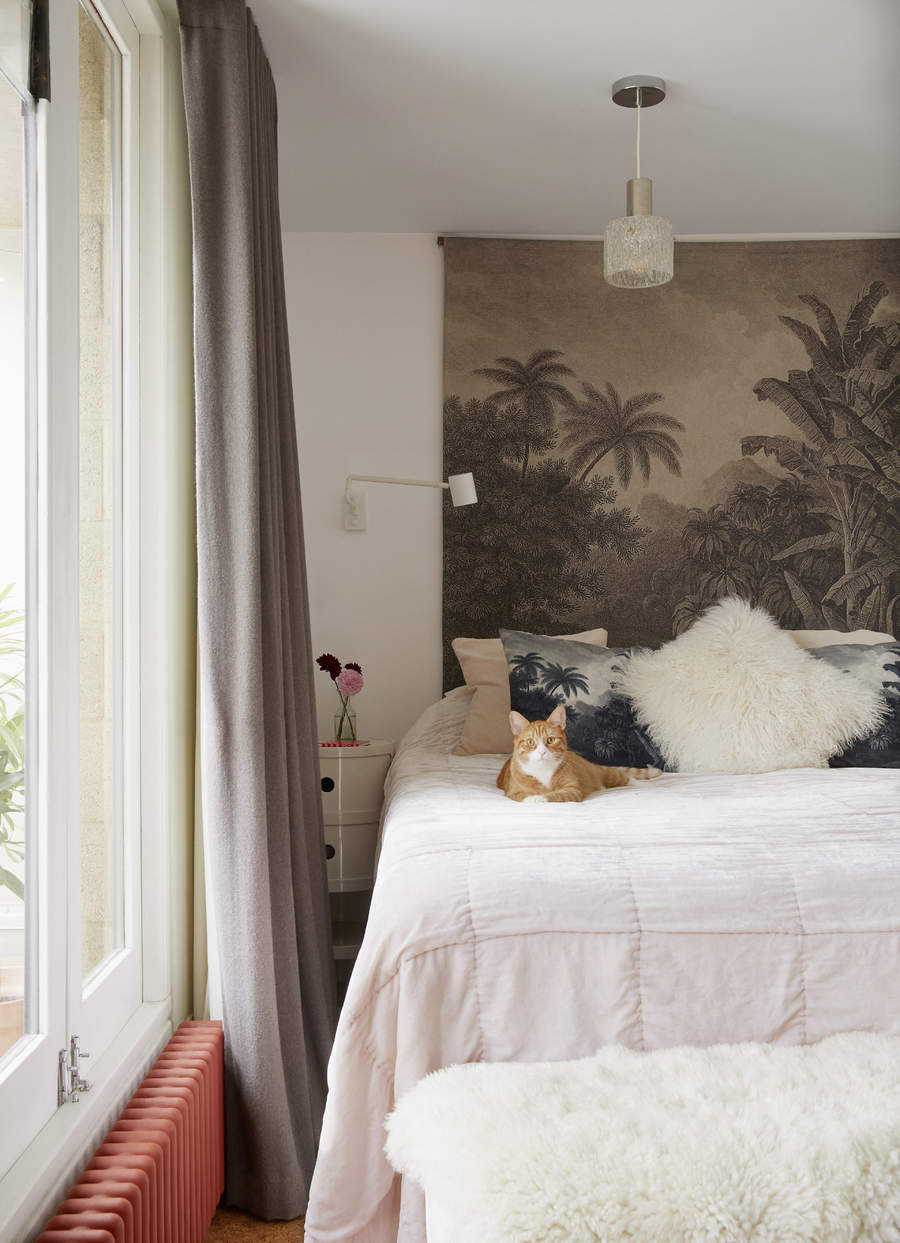
According to Anjie, ideally, your bed would be set up in a commanding position for the best feng shui. Instead, of having your feet directed at the door, she explains that you should be positioned so you can see the door clearly, when in bed and leaning against the headboard.
"You want to be able to see the door without directly being in line with the door," says Anjie. "This usually means you're settled diagonal from the door."
So if you have a revamp in the books, then consider experimenting with your bedroom layout ideas to avoid unknowingly mapping out the death position.
What to do if You Can't Avoid the Death Position?
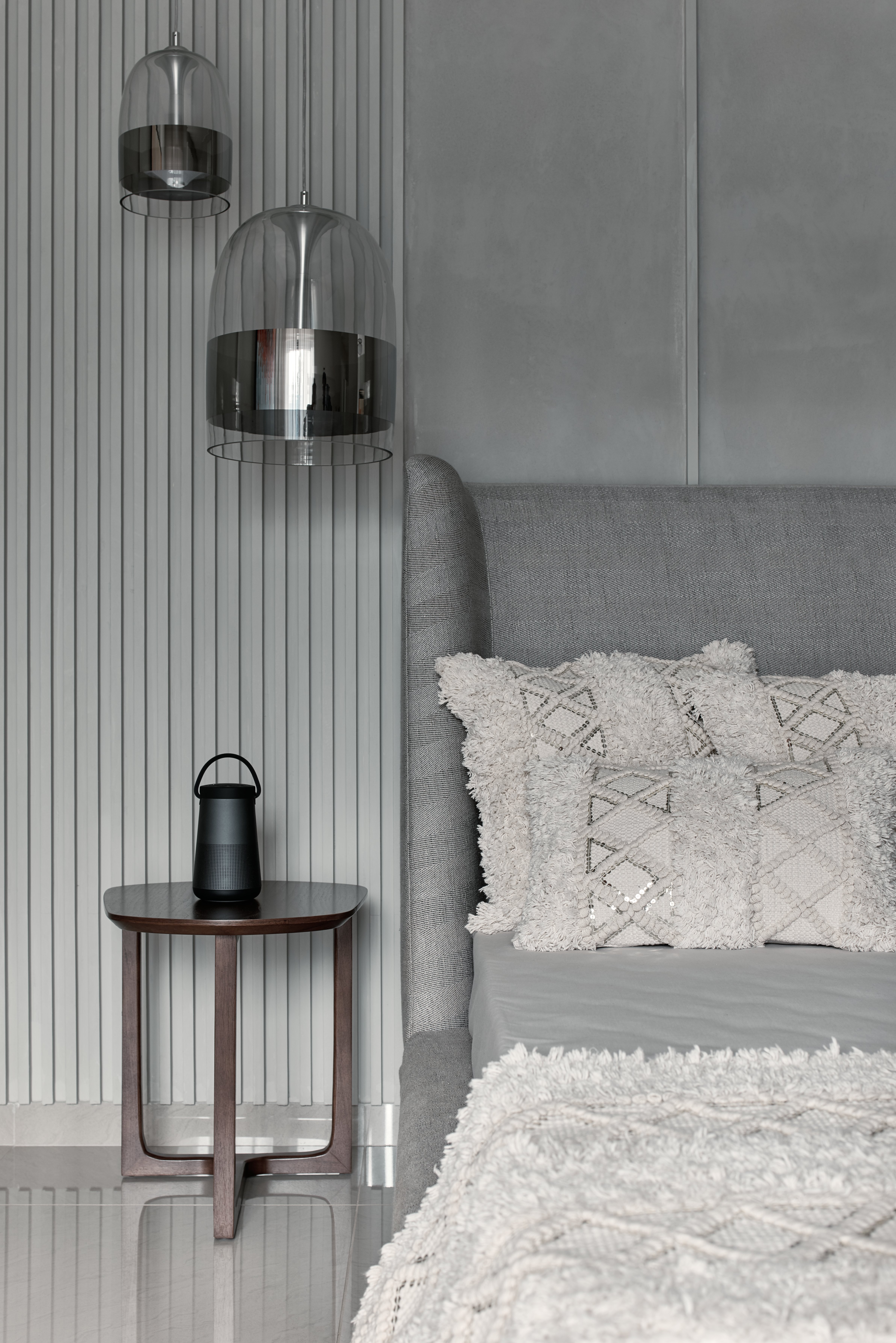
To remedy the death position, Marie suggests repositioning your bed so that it is not directly aligned with the door. She also suggests using symbolic solutions to block and redirect the energy flow. Here are her three tips for realigning your room's energy.
1. Create a Barrier: Marie explains that one of the most effective solutions is to place a piece of furniture, like a small table, bench, or decorative screen, between the foot of the bed and the door.
2. Use a Footboard: If possible, she suggests adding a footboard to your bed. "This creates a physical boundary at the foot of your bed," she says, "Hence providing protection and helping to redirect the energy away from your body as you sleep."
3. Place a Rug: She also encourages placing a soft, plush rug between the bed and the door. "The rug will help ground and absorb the fast-moving energy coming from the doorway," she notes. "In turn, creating a more calming and grounded environment."
"Even these subtle adjustments can help bring a greater sense of peace and well-being into your space," says Marie. "These small shifts create a feeling of safety and protection, which ultimately allows you to rest and rejuvenate better while supporting your personal energy field."
If you can't shift your bed to a more auspicious position, perhaps it's time to give your space a spruce. Play around with Feng Shui plants , or go vintage and get yourself a chic room divider for a traditional finish.
If you're into Feng Shui and are interested in curating your resting space to the tune of its principles, then this death position is definitely one to sidestep. And there are plenty of other philosophies related to this time-honored Chinese practice, including the design world's rendition of a color analysis, in the form of a Feng Shui color reading.
Even a Feng Shui cynic can agree with the fact that your home is meant to be a sanctuary of good vibrations, and infusing some of these practices might help your home reach its full potential.
"The bedroom should be a space that reflects calm, peace, and love," says Marie. "By following Feng Shui guidelines for your bed, you can create a restful, harmonious, and supportive environment that enhances both your sleep and your life energy."
FAQs
Why Shouldn't Your Bed Face a Mirror?

Marie tells us that in Feng Shui, having your bed facing a mirror is considered unfavorable because it can create disruptive energy during sleep. "Mirrors are very active in Feng Shui; they reflect and bounce energy around a space," she explains. "When your bed faces a mirror, the energy is constantly moving, which can disturb your rest, making it harder for you to relax and experience deep, peaceful sleep."
Additionally, she points out that mirrors are said to double what they reflect. "If you’re sleeping in front of one, it may symbolically “double” any stress or issues in your personal life," she notes. "This reflective quality can contribute to a sense of restlessness or unease, especially during the night."
When decorating with mirrors in your bedroom, Marie's ideal Feng Shui mirror tip would be to avoid placing mirrors directly in front of or even above your bed. If you already have one and are unable to transfer it to a different space, she suggests covering it at night to improve the serenity of the space.
TOP 3 FENG SHUI READS

Price: $15
Format: Paperback
This Feng Shui Modern Bible book by Jiang Hu is a guide to adopting feng shui principles into your home to promote wellness in all interior spaces.
Be The First To Know
The Livingetc newsletters are your inside source for what’s shaping interiors now - and what’s next. Discover trend forecasts, smart style ideas, and curated shopping inspiration that brings design to life. Subscribe today and stay ahead of the curve.

Amiya is a Home Wellness Writer at Livingetc. She recently graduated with a Masters Degree in Magazine Journalism from City, University of London, and has lent her words to beauty, fashion, and health sections of lifestyle publications including Harper’s Bazaar and Women’s Health. Her experience as a research analyst has equipped her with an eye for emerging trends. When she’s off the clock, she can be found reading, listening to music, or overanalyzing her latest Co-Star update.
-
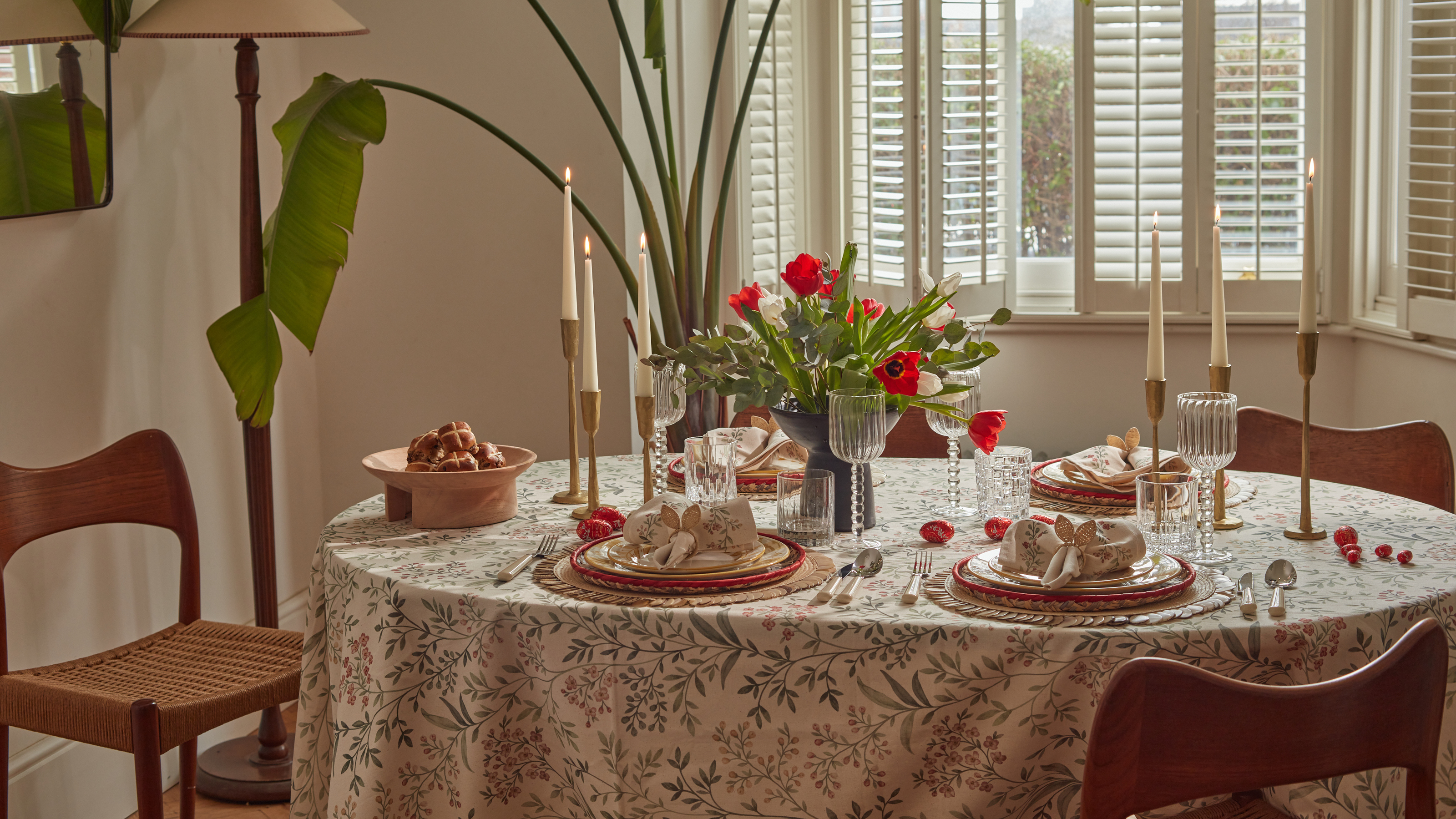 Bunny Ears, Be Gone — 7 Easter Table Styling Mistakes That Will Take Your Setting from Tawdry to Tasteful
Bunny Ears, Be Gone — 7 Easter Table Styling Mistakes That Will Take Your Setting from Tawdry to TastefulFrom fussy floral displays that disrupt conversation to over-relying on tacky tropes, don't fall victim to these errors when decorating your Easter table
By Lilith Hudson
-
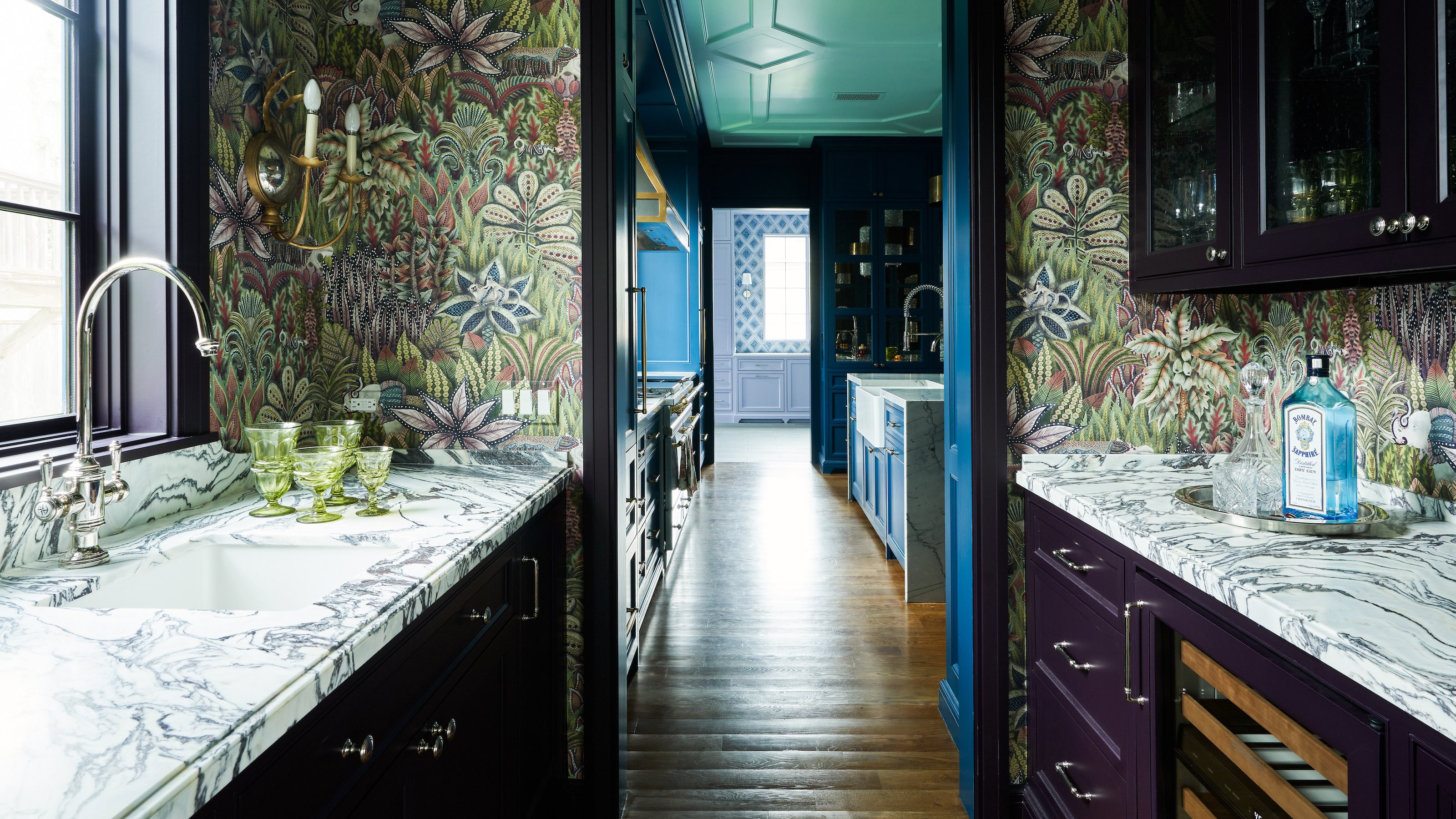 10 Hidden Kitchen Socket Ideas That Disguise Eyesores and Make Backsplashes Look More Minimalist
10 Hidden Kitchen Socket Ideas That Disguise Eyesores and Make Backsplashes Look More MinimalistDiscover innovative ways to hide those ugly outlets and claim a sleek, clutter-free space
By Linda Clayton
-
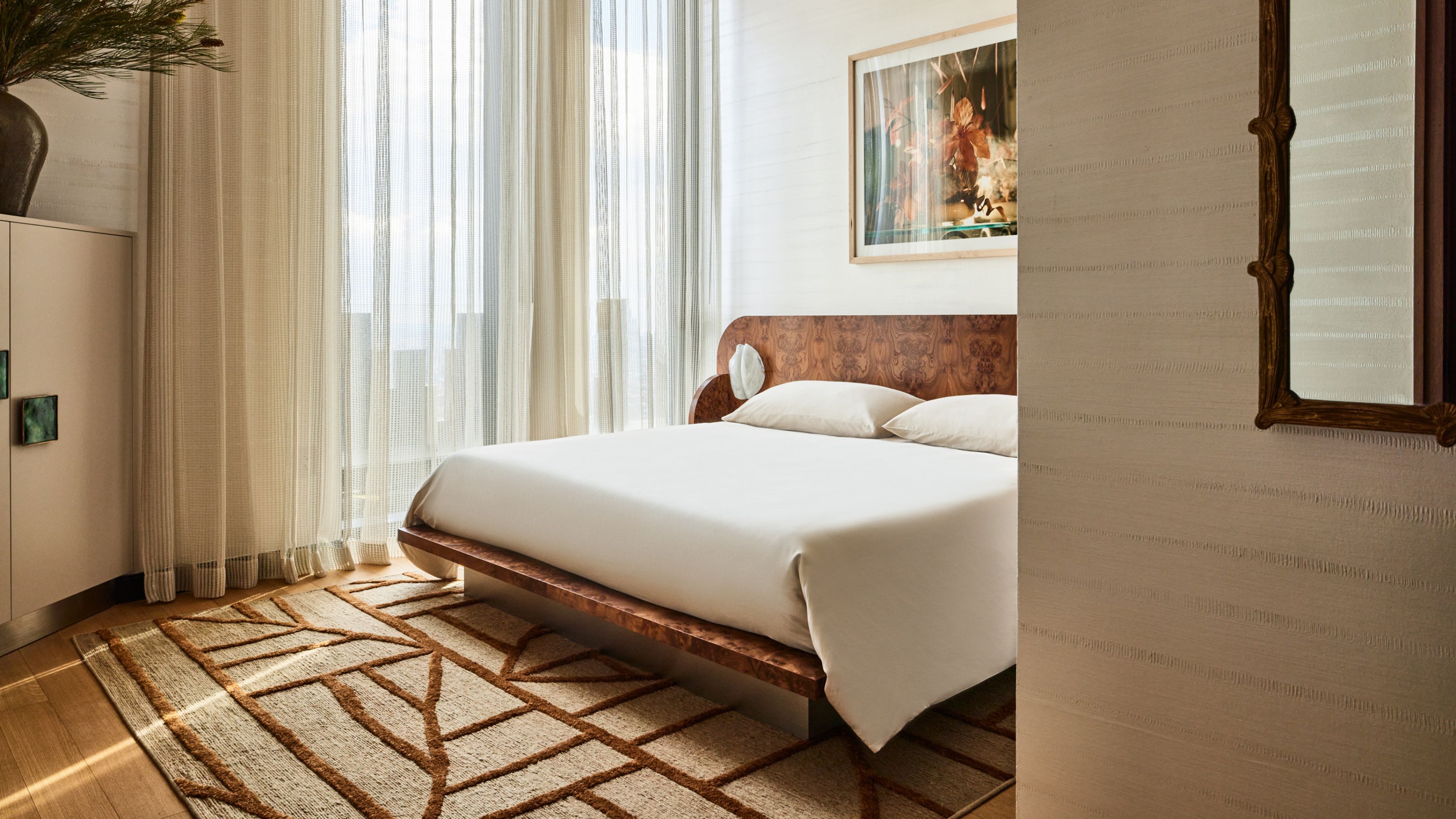 7 Guest Bedroom Design Mistakes That Will Make Them Wish They'd Booked a Hotel Instead
7 Guest Bedroom Design Mistakes That Will Make Them Wish They'd Booked a Hotel InsteadDesigning a guest bedroom isn't the same as designing one for yourself — these are the things people neglect most often (and how to fix them)
By Ciéra Cree
-
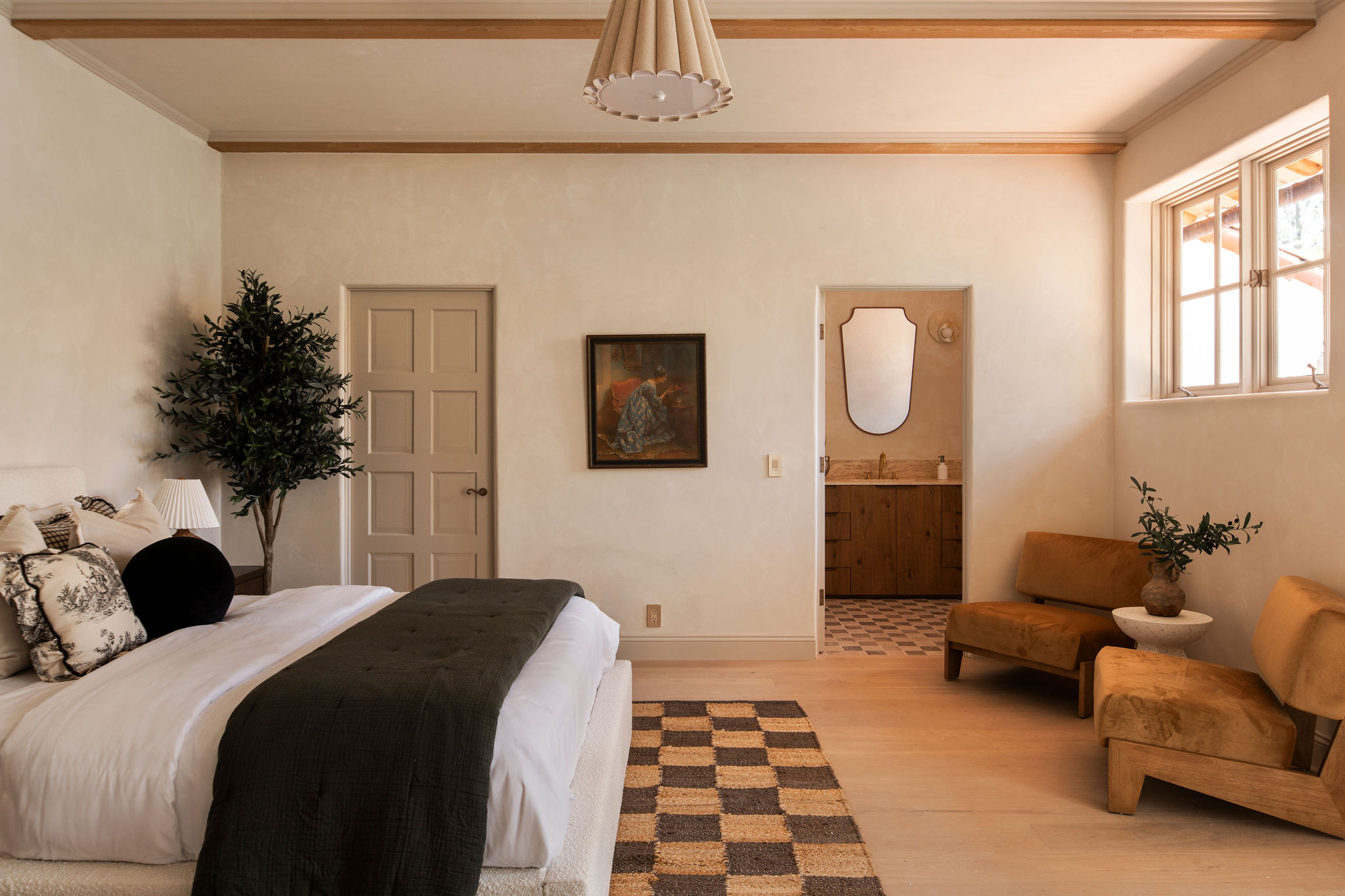 Is Your Bed Facing North Really the Best Way to Get Good Night's Rest? Sleep and Feng Shui Experts Weigh in
Is Your Bed Facing North Really the Best Way to Get Good Night's Rest? Sleep and Feng Shui Experts Weigh inCould the direction your bed faces really make a difference to how well you sleep? It's complicated, say our experts
By Aditi Sharma Maheshwari

